From the Innkeeper’s Desk: “The Hatteras Of Yore”
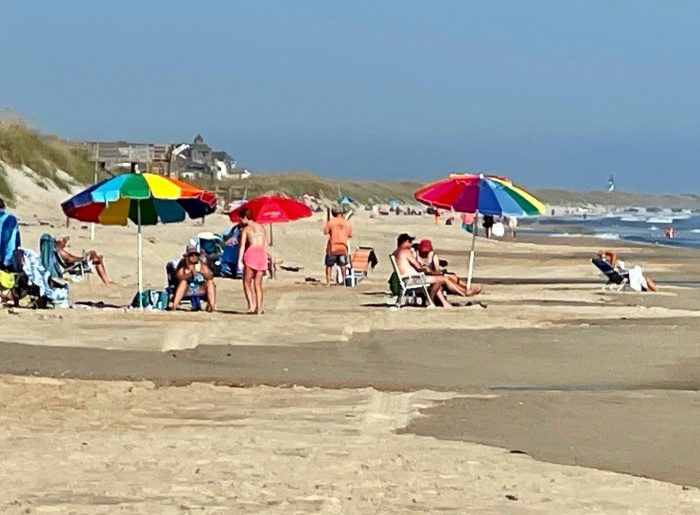
I posted a photo on social media the other day. It has been a pretty nice October, and notwithstanding the lousy weather last weekend, it has felt a lot more like summer recently instead of fall. I was walking near the Frisco access area, and was surprised to see so many people out on the beach, enjoying the sun underneath brightly colored umbrellas that usually typify the high season. The photo captured the umbrellas, the bright sand, and the beautiful blues of the sky and water that day. All in all, it’s the kind of photo that visitors seem to enjoy, as it brings back memories of their own vacations just a few months ago.
However, I was startled to see a comment, actually a series of comments, about, in essence, what a bad thing this was. The writer of the comments said she yearned for “the Hatteras of yore.” I happen to know this person and understand that she is speaking of the time, about 50 years ago, when she was a teen and her family and family friends spent summers here, actually at our motel. She went on further to advise some friends who live here, (and have for decades), to move out. The entire exchange gave me pause, and I started to think about the comments I hear at times about how the island has changed over the last five decades or so, and what that really means.
I am probably getting ready to tread into shark-infested waters here, but please hear me out. I think an examination of what constitutes change is always a good thing. While everyone doubtless has an opinion of what makes for “good change” or “bad change,” the truth of where we are as a tourist destination is probably somewhere in the middle.
When we mourn the change to a place, what is it we are really missing? If I think of my own experience, I can say that mostly I miss my family, (especially Mom and Dad who first brought me here and are no longer alive), as well as many aunts and uncles who have passed on, grandparents, cousins, and friends who all shared special vacation moments together which we can no longer do for a variety of reasons. We realize that these longings are a part of the passage of time, or more succinctly, we are getting older all the time. We see things through different lenses and we reflect on our own life experiences, and we know we can’t go back. Why can’t the place we loved so dearly just stay the same?
I daresay there is nowhere that is exactly the same as it was a half-century ago, and in many ways, that’s really a good thing. I think about the cottages we stayed in way back when that had no air conditioning. Not something very many people would accept today unless you are intentionally primitive camping. There were very limited restaurant choices back in the day, and while that may not impact you, talk to anyone who is a vegetarian or who has special dietary needs, and they will say there has been a world of culinary improvement. There are more places that stay open a bit later. And accessibility to accommodations, restaurants, and public attractions has been greatly enhanced. There are more things to do and places to visit that truly explain the wonders and history of Outer Banks – all of which enrich a visit.
But of course, the area today is much is more popular. That means more people,
more vehicles on N.C. Highway 12 and on the beach, longer wait lines, and bigger and bigger vacation homes which put pressure on all the island’s services. Great photos and videos shared on social media by thousands of visitors reach hundreds of thousands of people who want to see and experience it all for themselves. Since we, as a society, have changed our expectations of leisure time experiences, the island has perhaps, on the surface, seem to have changed its character as well.
But I would argue that you must love and recognize the intrinsic sense of place of Hatteras, otherwise, you will be disappointed if you try to re-create the past. That same feeling of wild openness and closeness to the ocean is still here. You can still hunt for ghost crabs by flashlight, become mesmerized by the rotating beacon of the lighthouse, follow the dolphins on their journeys offshore, sing by beach fires at night, and find stretches of beach where you can be totally alone. The one very special thing this island has is a National Seashore. And while many people are not enthusiastic about park operations, rules, or regulations, the fact of the matter is that having so much parkland keeps development from going totally overboard. Just think of a few other beach areas not too far away, and you’ll immediately see the importance of our National Seashore designation.
Yes, there has to be give and take, and for sure not all change is good — but let’s agree that often good and bad are in the eyes of the beholder. What one person loves and welcomes, the other detests and wants banished. Balancing all these wants and needs is tough for any area.
Even people who live here have mixed feelings at times. That’s not unusual. People work here, go to school here, worship here, and generally live out their lives in a place that other people call “paradise.” But home is home. Perhaps the changes for residents come along with the seasons more gradually, and therefore aren’t as jarring as they may be for the yearly or occasional visitor.
I have a cousin who will be visiting next summer. I don’t believe he has been here since he was a small child. He is part of my memory collection, my “Hatteras of Yore,” if you will. He will be bringing his young son for his first beach vacation on Hatteras Island. I am wondering if the physical changes will overwhelm and disappoint him, or if just being able to share special times of adventure, exploration, and the enjoyment of the natural beauty with his young son will be what he remembers when he returns home. I hope it’s the latter, because on balance, there is more to love here than to bemoan, and more to embrace than to criticize. We can only love the present and keep the past in our hearts. For that, as we approach the season of Thanksgiving, I am truly grateful.


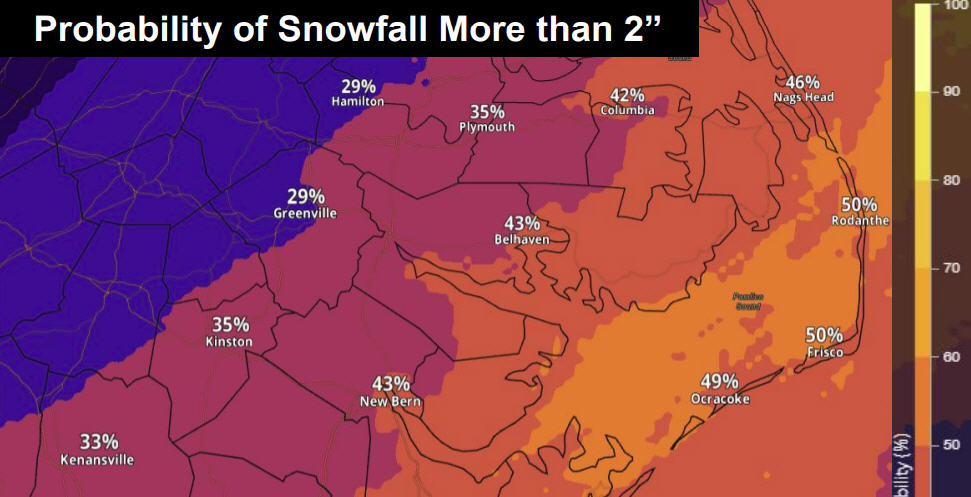



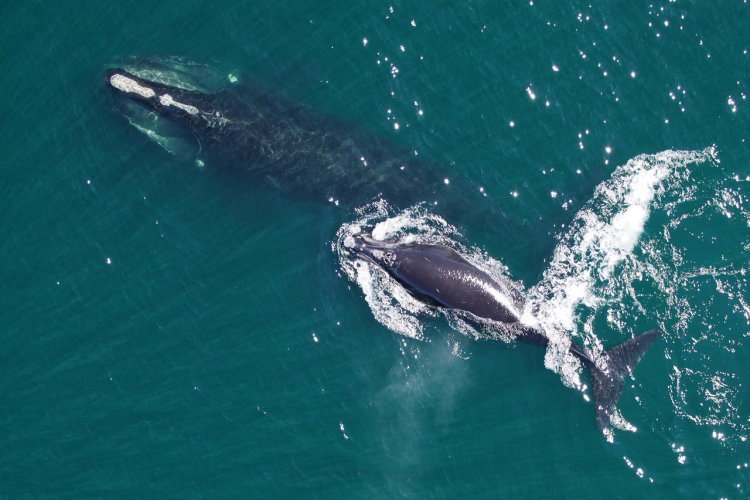

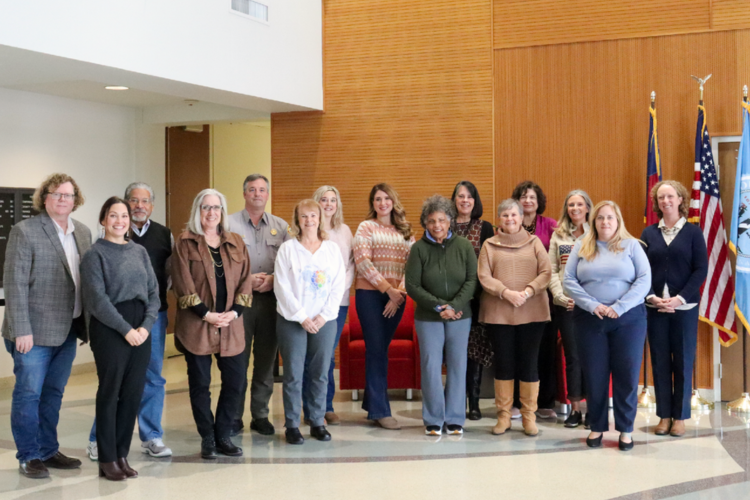
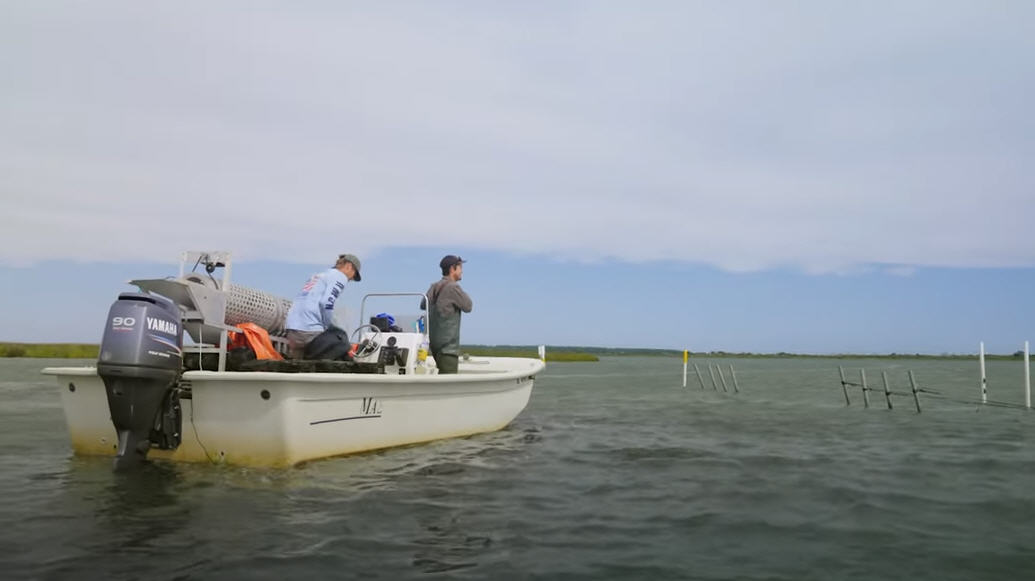
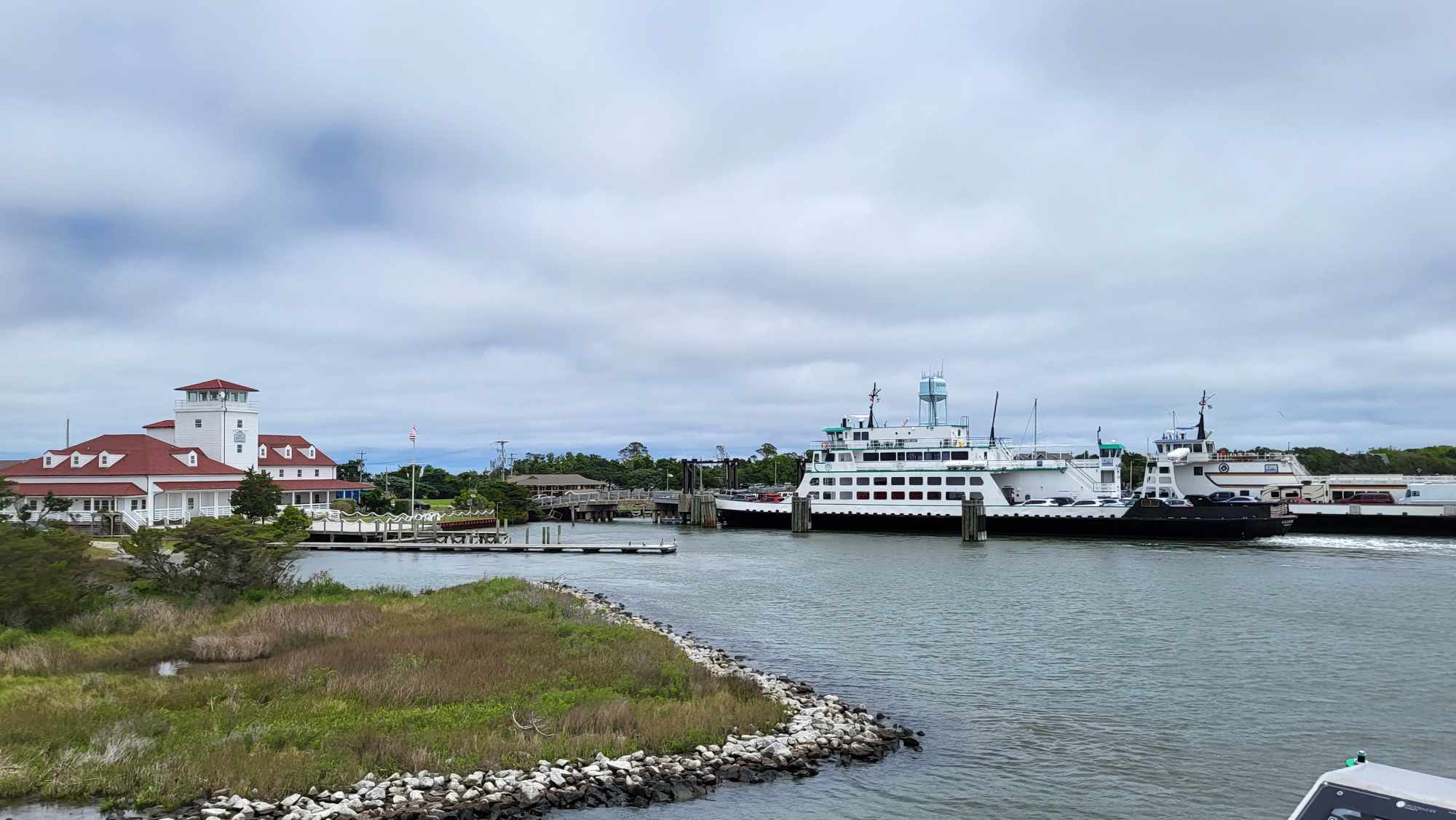
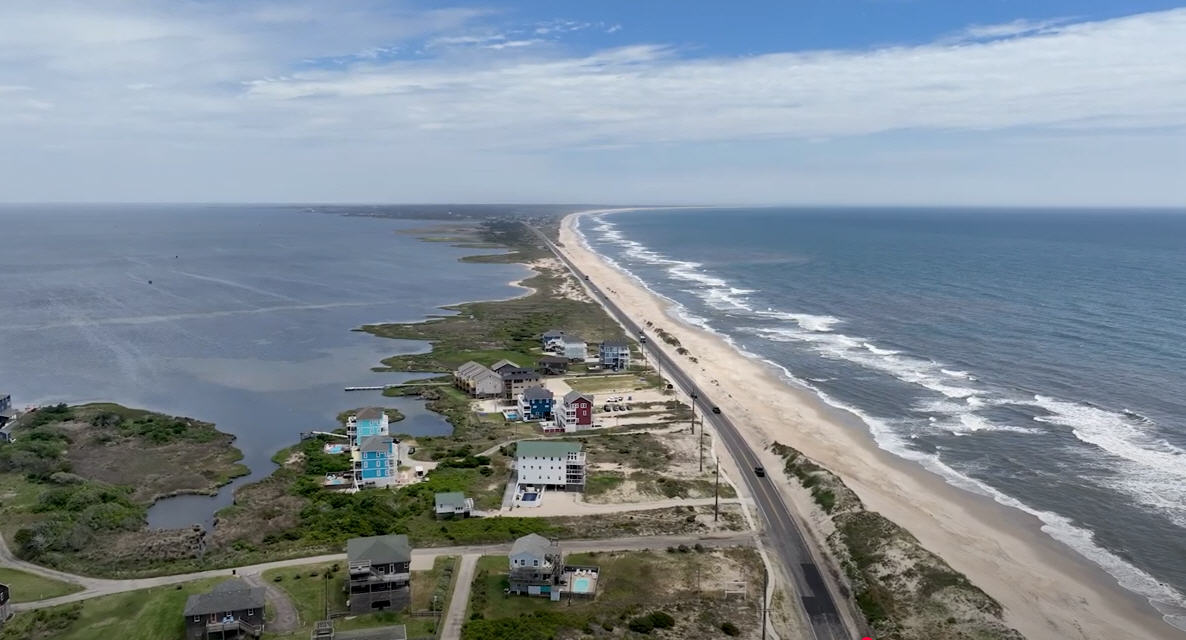
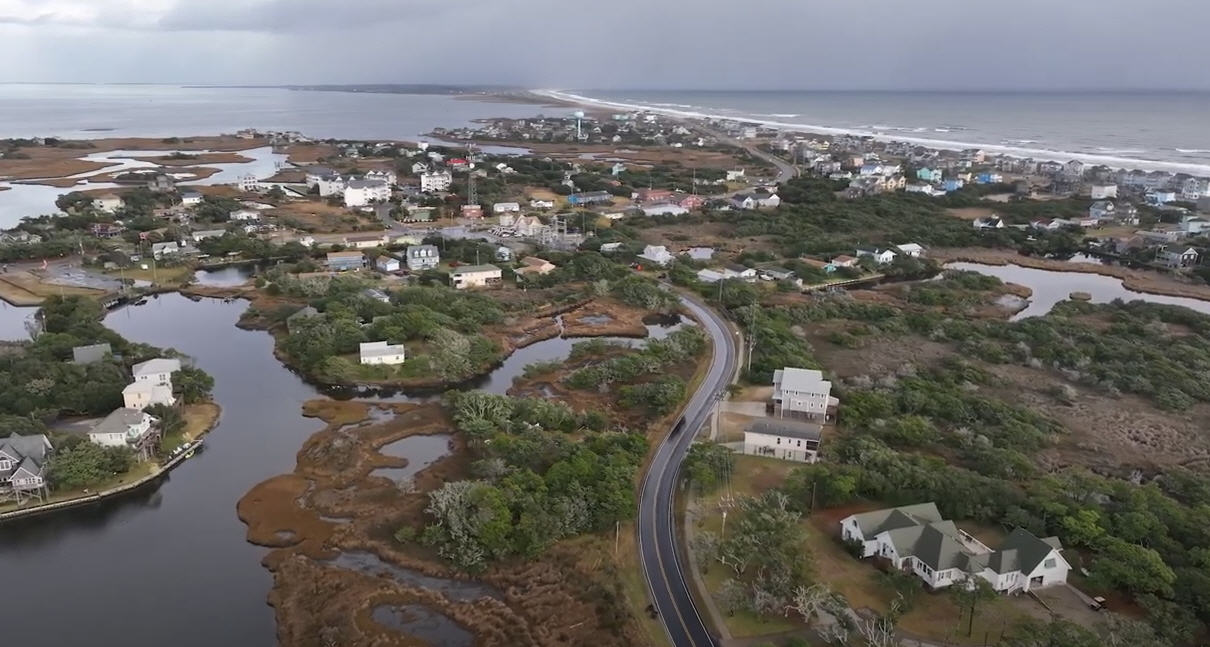
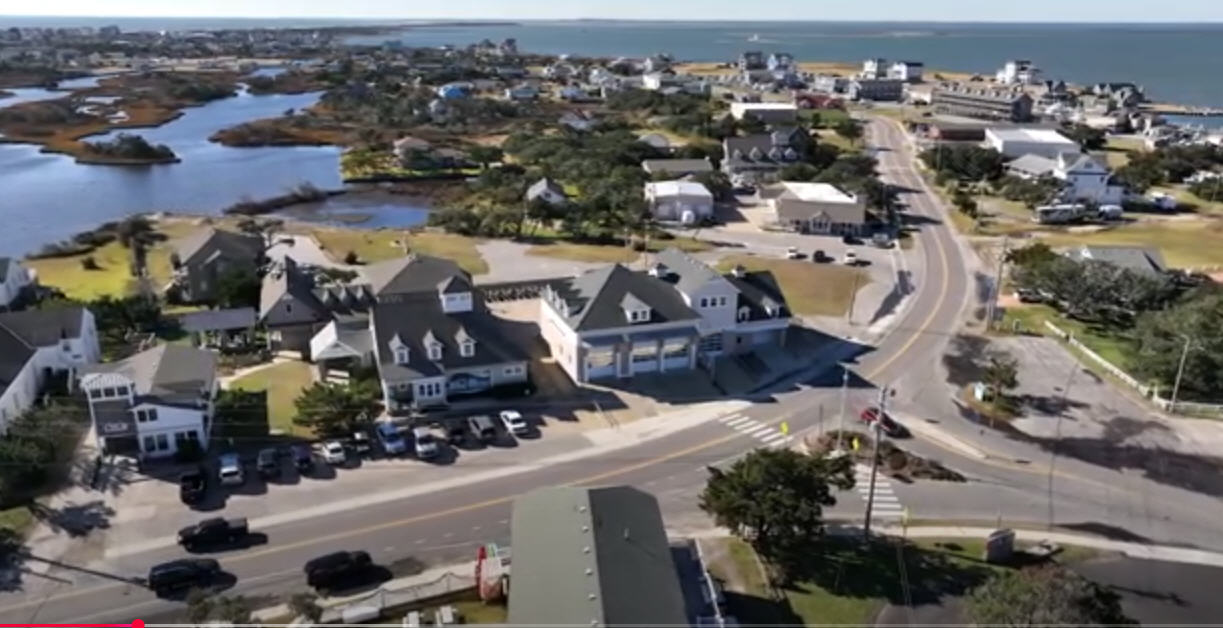
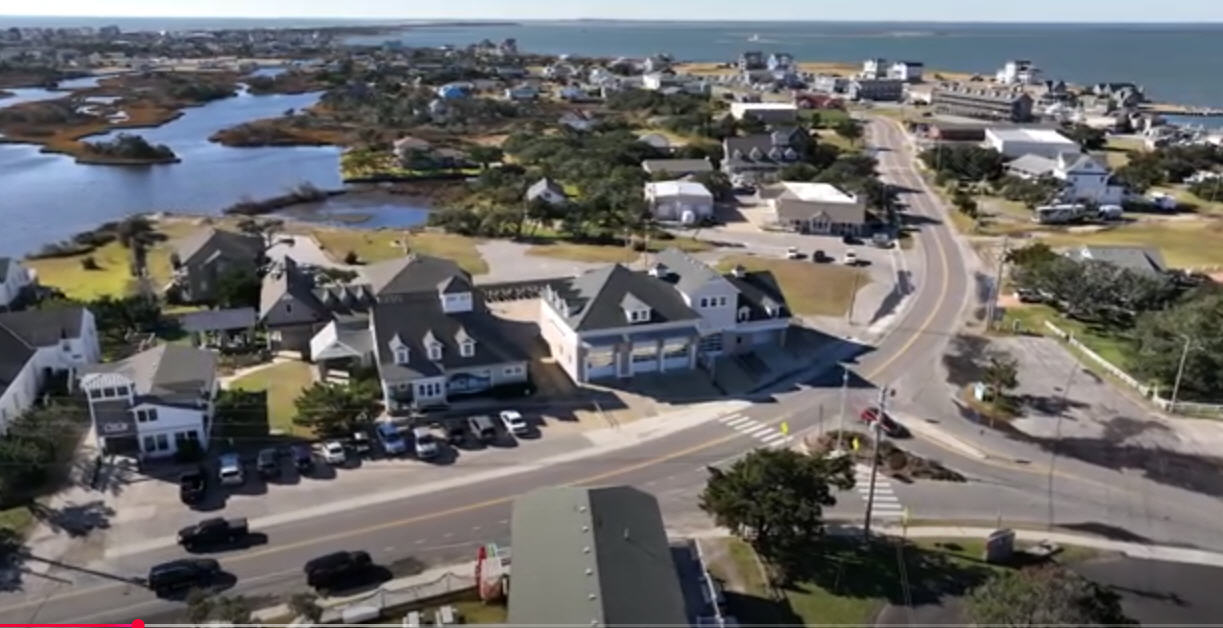
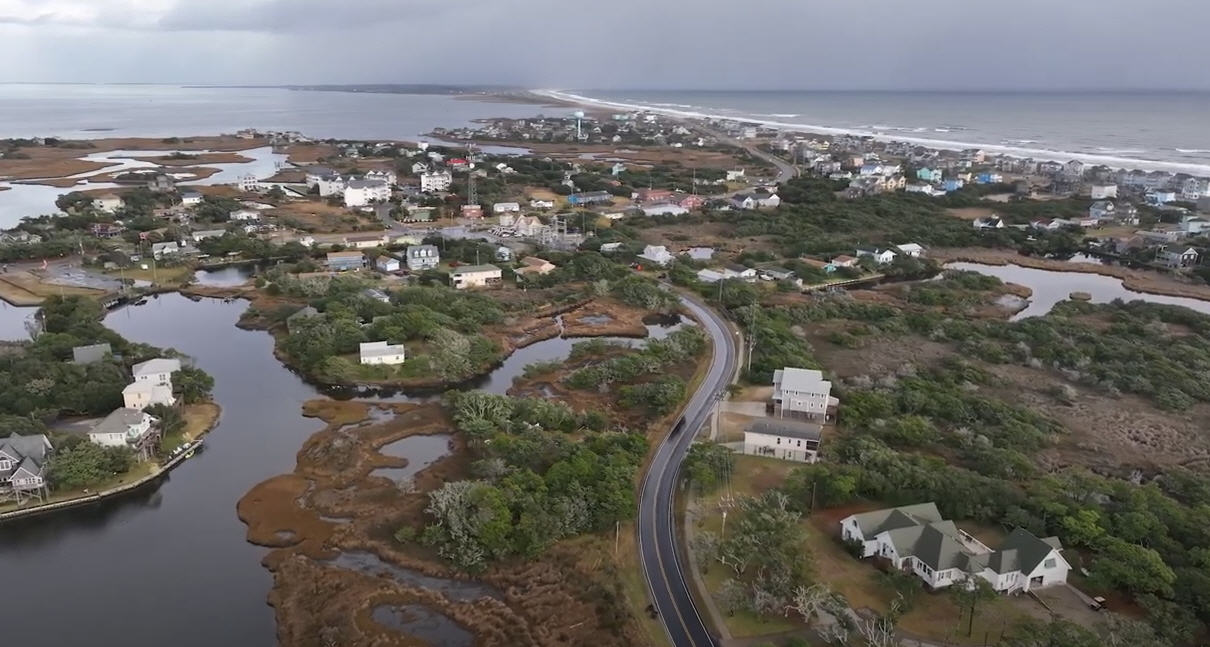

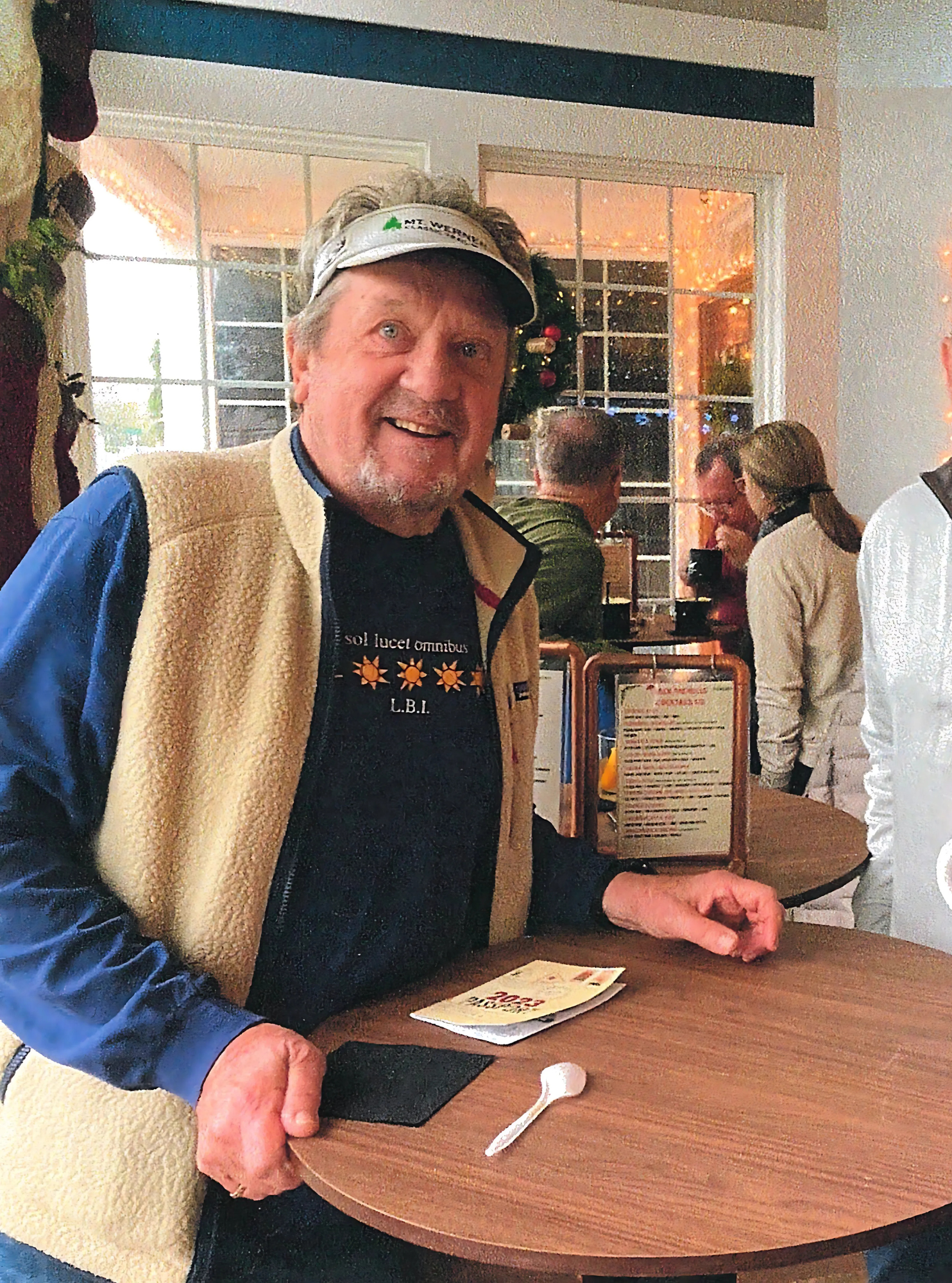

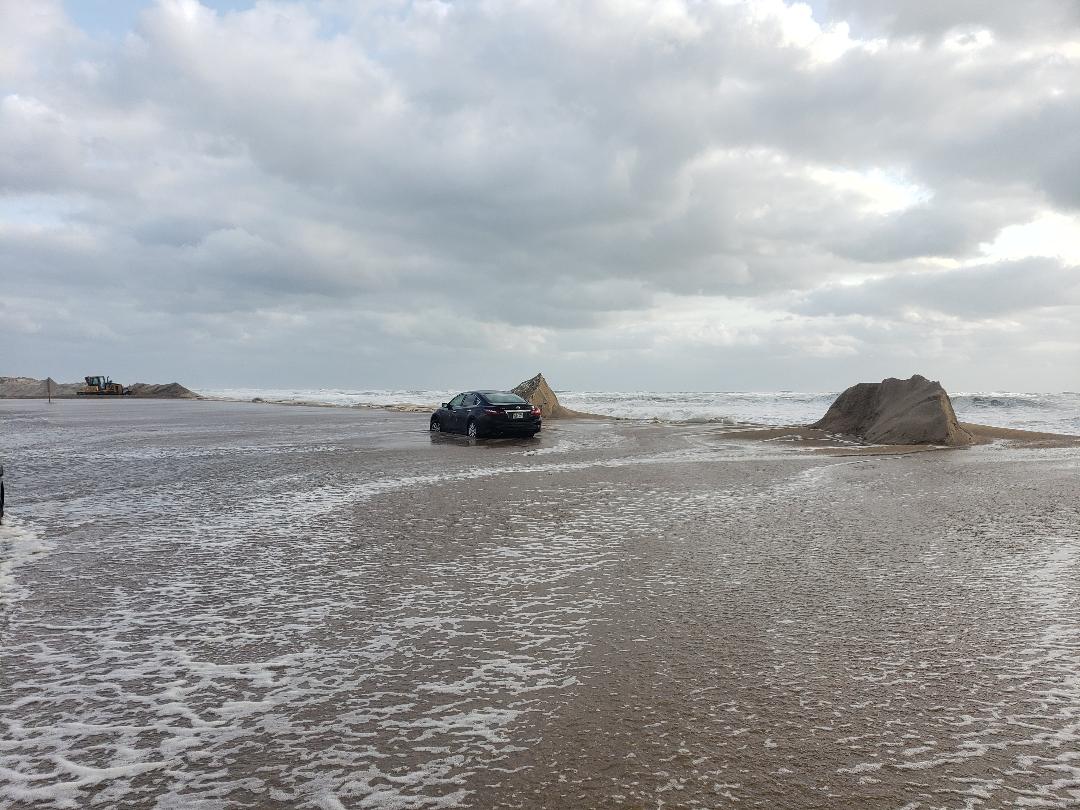
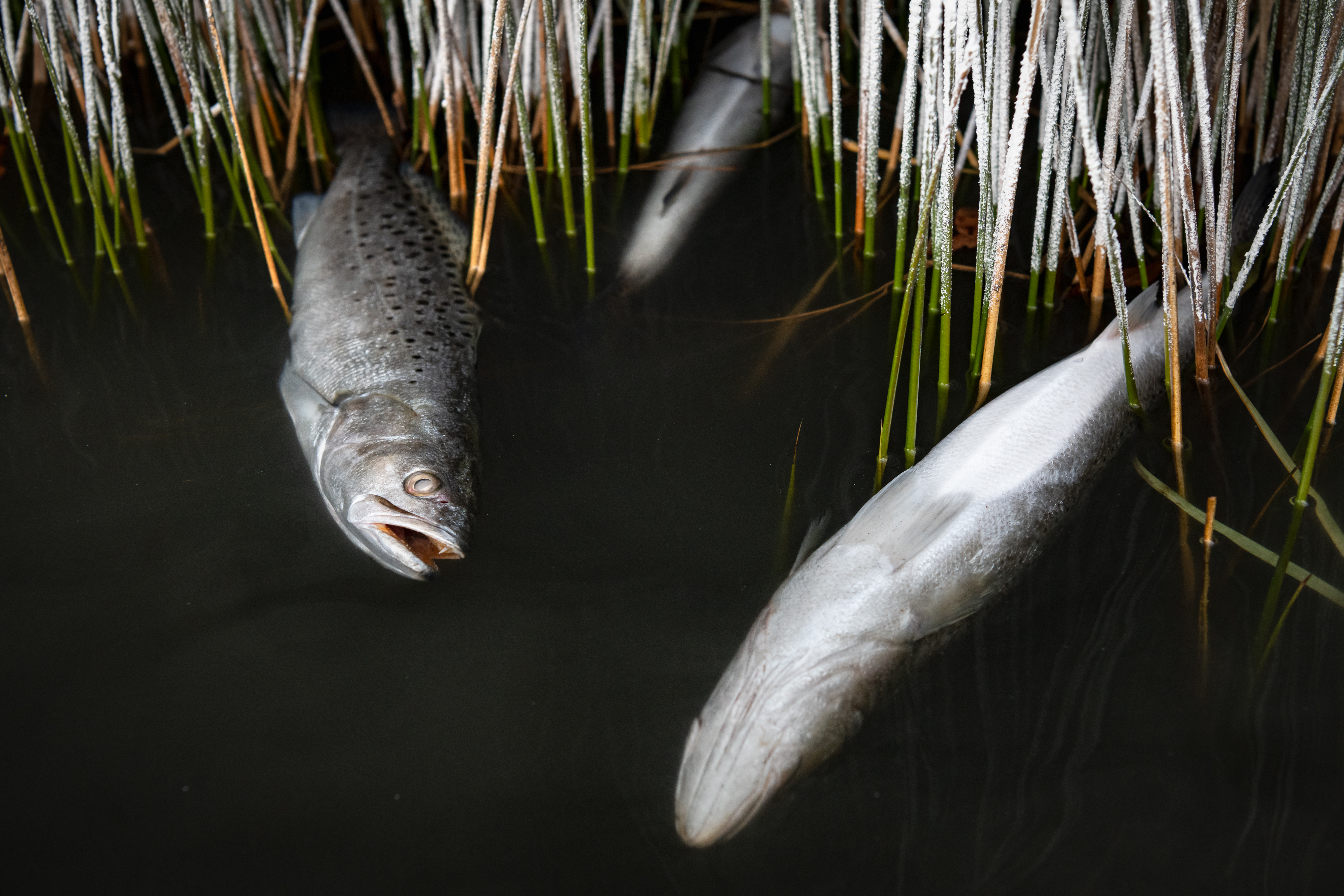


Thank you for your thoughts. I cannot say I agree or disagree with your comments on change on Hatteras Island. Sometimes I feel overwhelmed by all the change. Other times I can feel the richness of the island’s history and its people. The changes are present everywhere but the sun rising at Ramp 27 is still magnificent. The big blues no longer run in the surf as I remember the 80s to be. But the puppy drum are more plentiful and that’s not to forget the 2 pound sea mullet one may occasionally catch today. The Food Lion’s parking lot lights robbed us all of the darkest nights one could find anywhere. They tried to make it better, but the stars are simply not as bright. Driving on the beach is no longer free and is significantly limited by Park Service regulations demanded by those who didn’t have a clue about the true spirit of Hatteras Island. Our freedoms have been choked. My first cottage rental over 45 years ago did not have a telephone, a television, a dishwasher, nor air-conditioning. But the deck view was so unforgettable I can see it in my mind’s eye as as I write this. Back then, a couple could afford an ocean front cottage rental for a week or two. Today, one needs several billfolds to rent the house (surely no longer a cottage) with all the modern conveniences. Swimming pools and hot tubs are almost an essential but their presence brings a never-ending hum of motors throughout the once quiet villages. The jug handle will save hours and dollars lost from those who travel daily to the mainland. But what will become of the once somewhat desolate entrance to Rhodanthe? Yes, change has come and change will continue to, well, change. Perhaps, we need to simply accept the sadness of what has been lost and embrace the opportunities to come. However, I must admit, acceptance of what has been lost is most difficult for this Hatteras Island lover.